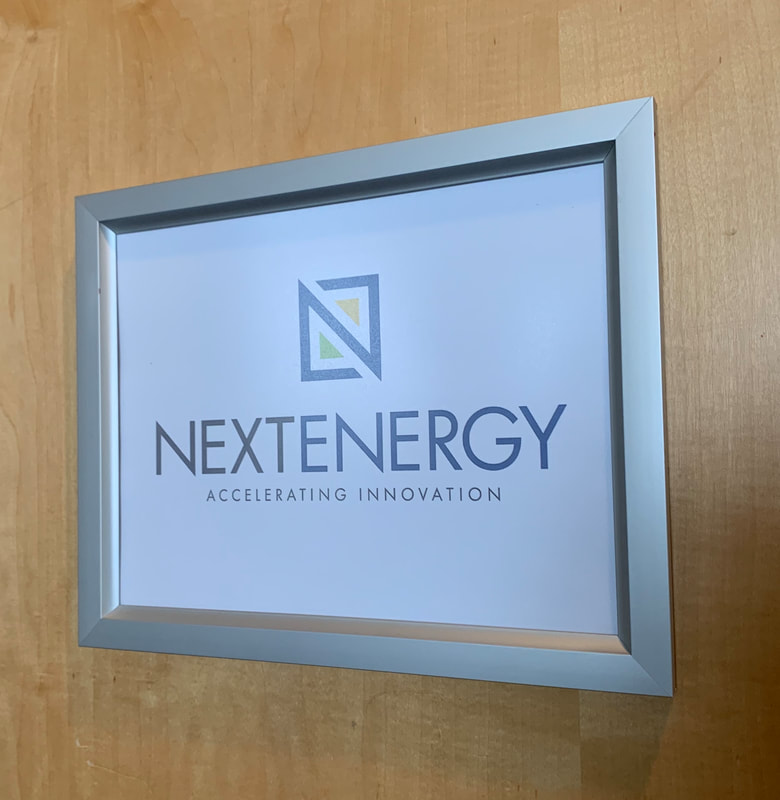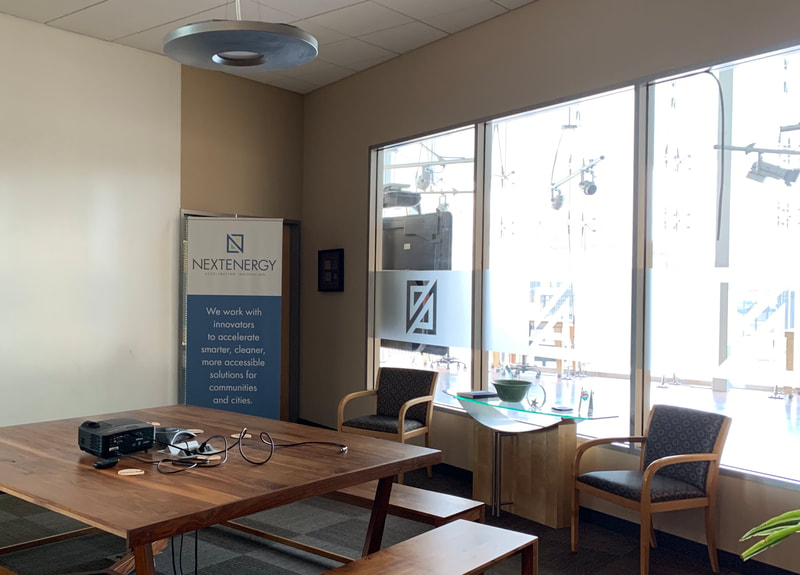The distinctions and nuanced relationships between money, mission, and success for social enterprises have become clearer to me during my two weeks working with NextEnergy. NextEnergy is a nonprofit that focuses on furthering environmental initiatives by guiding and working with industry partners and innovators. It provides project and product management services, organizes demonstration and pilot projects, and funds other organizations and businesses to guide communities toward more sustainable solutions in mobility and energy.
I remember within the first week, our supervisor Tim (Director of Smart Mobility Iniatives) told us that NextEnergy is very concerned with the financials of their projects. He said that, unfortunately, morals, future implications on animals and humans, environmental damages, etc, all these abstract concepts when standing alone are insufficient to persuade for the execution of their projects. The project must have concrete financial backing and promises of profit, since that is what motivates most people, especially government and private businesses. Consequently, NextEnergy must be able to quantify their projects and partnerships to show the benefits of clean energy and mobility. This realization of the huge role that money plays in nonprofits kind of surprised me, but it made sense.
Going back to the core social mission, the project Saagar and I are working on right now is a very good example of NextEnergy’s dedication to their mission of building a cleaner world. NextEnergy is in the process of developing a new project plan called NextCities. This project will target smaller (<100,000 in population) communities who want to transition into a smart city but are unable to because they lack the guidance, resources, and/or capacity to. These communities are often overlooked because of their small scale, but many mobility and energy solutions that will have a small impacts on big cities (like Ann Arbor or Detroit) will be a tremendous push toward sustainability for small cities (like Ferndale), drastically transforming them into smart hubs. Through this project, NextEnergy plans to partner with these local communities to help them make that crucial transition, increasing the organization’s impact and spreading environmental awareness.
Working in a social enterprise, I learned that a lot of the features present in a big private company is not absent from nonprofits; they just take a back seat during the ride. A lot of the commercial tools and strategies used to maximize profit in industry are instead repurposed and leveraged to achieve the organization’s desired social impact. Yes, NextEnergy is still concerned with money, but that is not their end goal nor the source of their drive. The overall mission is purely inspired by constructing a smarter, cleaner, more accessible world, starting in local communities.
Within these past two weeks at a nonprofit, I have begun to contemplate about the complex role of money and how it is intrinsically tied into the theme of equality, differences in opportunity, the trajectory to our future. Money can be perceived as both a catalyst and a hindrance, and it is crazy how big a role it plays in determining what certain people have access to, influencing interpretations on what people deserve or are entitled to.
Social entrepreurship is extremely important precisely because it is the most straightforward way for us to address the pressing issues plaguing and endangering our communities. The work of these people not only provides solutions to these problems, but also inspire other people to participate in a movement, to become more globally aware, and to work toward a better, more connected world for ourselves and for future generations. The examples of social entrepreneurship I see in Detroit are countless; from the SOUP micro-granting to NextEnergy to community thrift stores, the people of Detroit are constantly thinking about community issues and what role (no matter how small) they can play to implement or further initiatives. This community spirit and mindset of looking toward the future manifests in Detroit’s many social enterprises, which rebuild Detroit even stronger than before.


 RSS Feed
RSS Feed
